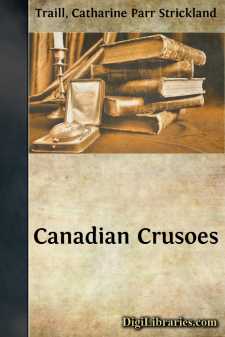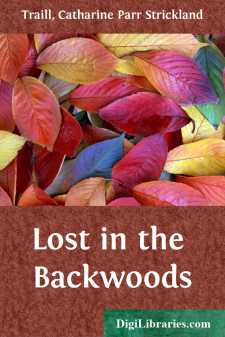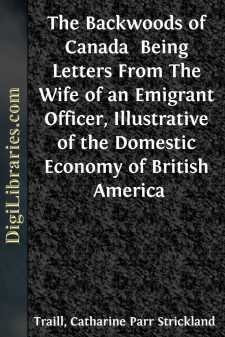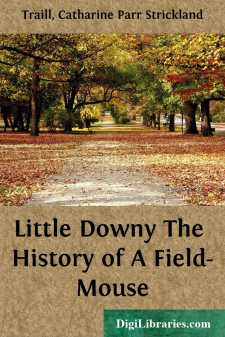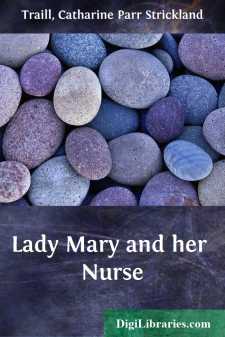Categories
- Antiques & Collectibles 13
- Architecture 36
- Art 48
- Bibles 22
- Biography & Autobiography 813
- Body, Mind & Spirit 142
- Business & Economics 28
- Children's Books 14
- Children's Fiction 11
- Computers 4
- Cooking 94
- Crafts & Hobbies 4
- Drama 346
- Education 46
- Family & Relationships 57
- Fiction 11829
- Games 19
- Gardening 17
- Health & Fitness 34
- History 1377
- House & Home 1
- Humor 147
- Juvenile Fiction 1873
- Juvenile Nonfiction 202
- Language Arts & Disciplines 88
- Law 16
- Literary Collections 686
- Literary Criticism 179
- Mathematics 13
- Medical 41
- Music 40
- Nature 179
- Non-Classifiable 1768
- Performing Arts 7
- Periodicals 1453
- Philosophy 64
- Photography 2
- Poetry 896
- Political Science 203
- Psychology 42
- Reference 154
- Religion 513
- Science 126
- Self-Help 84
- Social Science 81
- Sports & Recreation 34
- Study Aids 3
- Technology & Engineering 59
- Transportation 23
- Travel 463
- True Crime 29
Canadian Crusoes
Categories:
Description:
Excerpt
CHAPTER I.
"The morning had shot her bright streamers on high,
O'er Canada, opening all pale to the sky;
Still dazzling and white was the robe that she wore,
Except where the ocean wave lash'd on the shore."
Jacobite Song.
THERE lies between the Rice Lake and the Ontario, a deep and fertile valley, surrounded by lofty wood-crowned hills, the heights of which were clothed chiefly with groves of oak and pine, though the sides of the hills and the alluvial bottoms gave a variety of noble timber trees of various kinds, as the maple, beech, hemlock, and others. This beautiful and highly picturesque valley is watered by many clear streams of pure refreshing water, from whence the spot has derived its appropriate appellation of "Cold Springs." At the time my little history commences, this now highly cultivated spot was an unbroken wilderness,—all tut two small farms, where dwelt the only occupiers of the soil,—which owned no other possessors than the wandering hunting tribes of wild Indians, to whom the right of the hunting grounds north of Rice Lake appertained, according to their forest laws.
To those who travel over beaten roads, now partially planted, among cultivated fields and flowery orchards, and see cleared farms and herds of cattle and flocks of sheep, the change would be a striking one. I speak of the time when the neat and flourishing town of Cobourg, now an important port on the Ontario, was but a village in embryo—if it contained even a log-house or a block-house it was all that it did, and the wild and picturesque ground upon which the fast increasing village of Port Hope is situated, had not yielded one forest tree to the axe of the settler. No gallant vessel spread her sails to waft the abundant produce of grain and Canadian stores along the waters of that noble sheet of water; no steamer had then furrowed its bosom with her iron wheels, bearing the stream of emigration towards the wilds of our Northern and Western forests, there to render a lonely trackless desert a fruitful garden. What will not time and the industry of man, assisted by the blessing of a merciful God, effect? To him be the glory and honour; for we are taught, that "without the Lord build the city, their labour is but lost that build it; without the Lord keep the city, the watchman waketh but in vain."
But to my tale. And first it will be necessary to introduce to the acquaintance of my young readers the founders of our little settlement at Cold Springs.
Duncan Maxwell was a young Highland soldier, a youth of eighteen, at the famous battle of Quebec, where, though only a private, he received the praise of his colonel for his brave conduct. At the close of the battle Duncan was wounded, and as the hospital was full at the time with sick and disabled men, he was lodged in the house of a poor French Canadian widow in the Quebec suburb; here, though a foreigner and an enemy, he received much kind attention from his excellent hostess and her family, which consisted of a young man about his own age, and a pretty black-eyed lass not more than sixteen....


